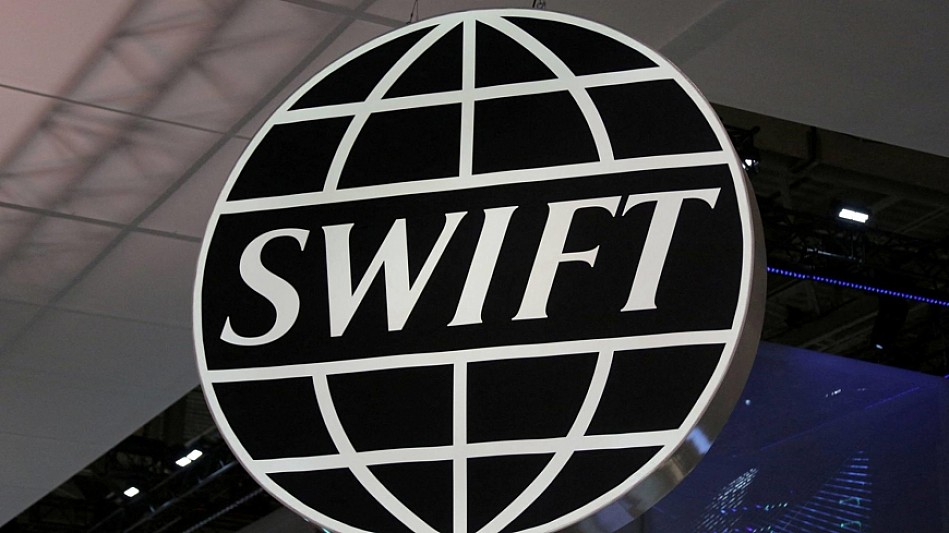SWIFT Set to Launch Digital Asset Trials in 2025
04.10.2024 12:00 1 min. read Alexander Zdravkov
Financial institutions in North America, Europe, and Asia are preparing to take part in upcoming digital asset trials orchestrated by SWIFT.
Announced on October 3, these trials are set to begin in 2025 and will investigate the execution of transactions involving multiple digital currencies.
The initiative aims to provide a streamlined approach for banks to access a range of digital assets and currencies. The first phase will focus on critical areas such as payments and foreign exchange, allowing for various transaction types, including multi-ledger operations.
SWIFT’s announcement highlights the urgent need to address the fragmented landscape created by numerous disconnected platforms in the digital asset market, which complicates global adoption. By integrating these networks with traditional currencies, SWIFT hopes to enable seamless transactions.
Tom Zschach, chief innovation officer at SWIFT, underscored the importance of ensuring digital currencies can operate alongside established financial systems.
While specific digital assets for the trials remain unspecified, SWIFT continues to explore advancements in blockchain technology, tokenization, and central bank digital currencies (CBDCs) through various collaborative projects.
-
1
Fiserv to Launch FIUSD Stablecoin Across Its Massive Banking Network
23.06.2025 21:00 1 min. read -
2
Mastercard Integrates Chainlink to Power Direct Crypto Access for Cardholders
25.06.2025 18:00 1 min. read -
3
Robinhood Expands Crypto Futures With XRP and Solana Micro Contracts
28.06.2025 13:00 2 min. read -
4
BIS Slams Stablecoins, Calls Them Ill-Suited for Modern Monetary Systems
26.06.2025 9:00 1 min. read -
5
Robinhood to Launch Tokenized Shares of OpenAI and SpaceX for European Users
01.07.2025 11:00 2 min. read
UAE Regulators Dismiss Toncoin Residency Rumors
United Arab Emirates authorities have formally denied reports linking Toncoin (TON) ownership or staking to long-term visa eligibility, calling the circulating claims inaccurate and misleading.
Binance Could Introduce Golden Visa Option for BNB Investors Inspired by TON
Changpeng Zhao, the former head of Binance, has hinted at the possibility of a new initiative that would allow BNB token holders to obtain long-term residency in the United Arab Emirates through a token-staking model.
Weekly Recap: Key Shifts and Milestones Across the Crypto Ecosystem
The first week of July brought notable advancements in crypto infrastructure, governance, and trading.
EU Risks Falling Behind in Digital Finance, Warns Former ECB Board Member
Europe’s reluctance to embrace stablecoins and blockchain technology could erode its monetary sovereignty and marginalize the euro in the next phase of global finance, according to former European Central Bank board member Lorenzo Bini Smaghi.
-
1
Fiserv to Launch FIUSD Stablecoin Across Its Massive Banking Network
23.06.2025 21:00 1 min. read -
2
Mastercard Integrates Chainlink to Power Direct Crypto Access for Cardholders
25.06.2025 18:00 1 min. read -
3
Robinhood Expands Crypto Futures With XRP and Solana Micro Contracts
28.06.2025 13:00 2 min. read -
4
BIS Slams Stablecoins, Calls Them Ill-Suited for Modern Monetary Systems
26.06.2025 9:00 1 min. read -
5
Robinhood to Launch Tokenized Shares of OpenAI and SpaceX for European Users
01.07.2025 11:00 2 min. read


